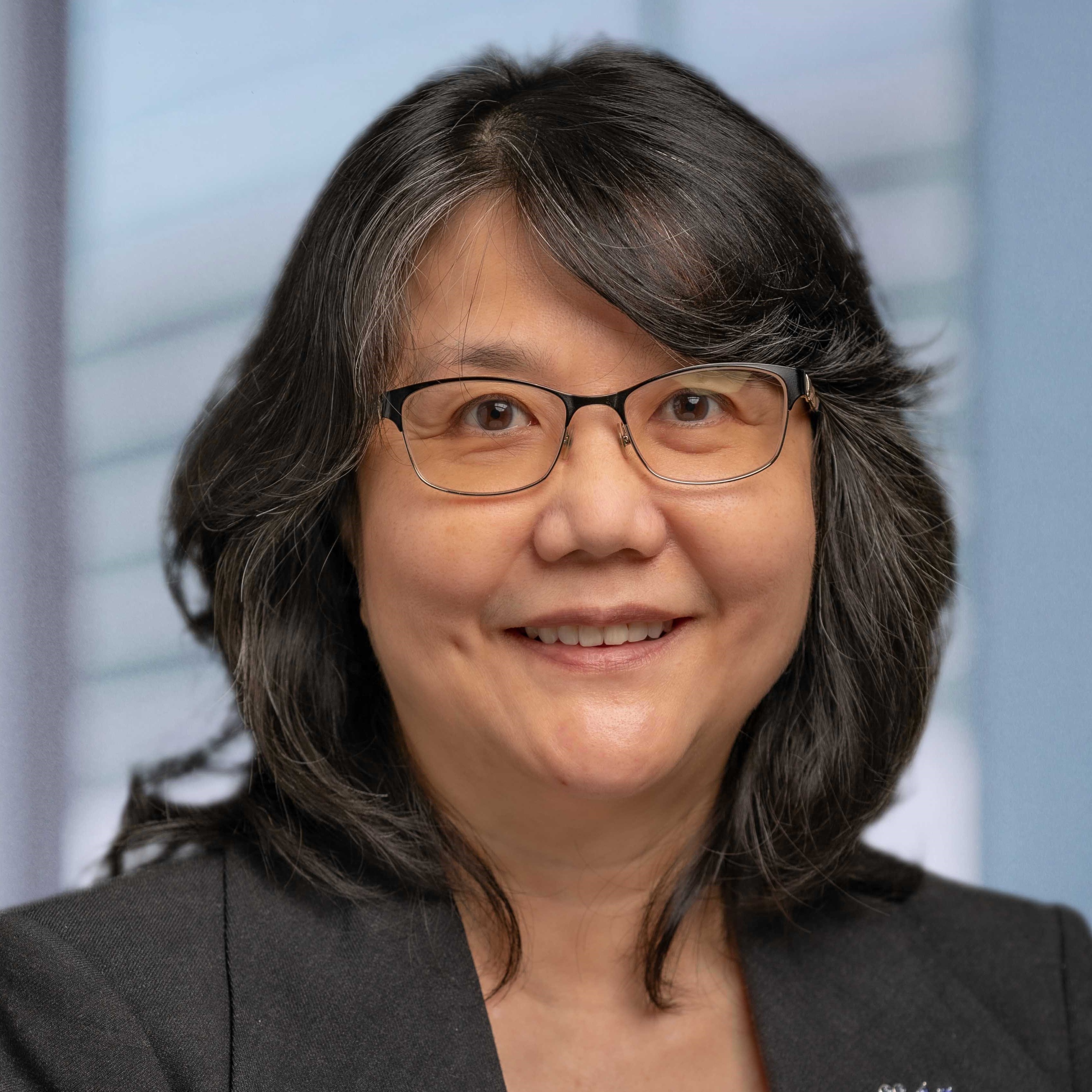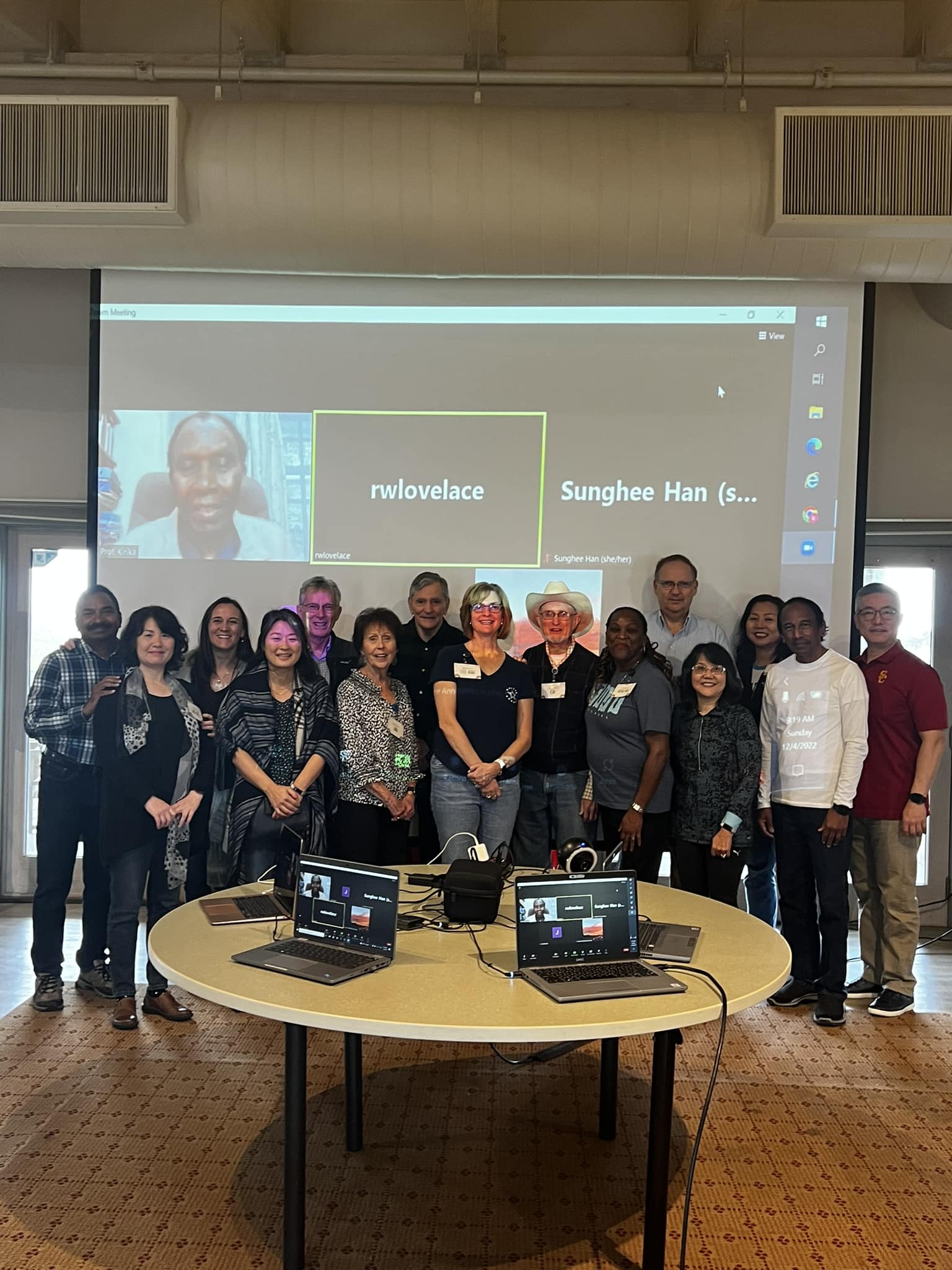International CPE Community of Practice Retreat Report
 The International CPE Community of Practice held a hybrid retreat from December 2nd until December 4th. Seventeen people attended in person, seven attended virtually, and 11 countries were represented. The intention of this retreat is to cultivate the relationships that we have not been able to achieve during the COVID pandemic, and it is also to experiment with CPE practice that can be culturally relevant to various cultural contexts.
The International CPE Community of Practice held a hybrid retreat from December 2nd until December 4th. Seventeen people attended in person, seven attended virtually, and 11 countries were represented. The intention of this retreat is to cultivate the relationships that we have not been able to achieve during the COVID pandemic, and it is also to experiment with CPE practice that can be culturally relevant to various cultural contexts.
We brought into our gathering cultural practices from places around the world. The retreat began with a Call to Community Ritual. It is a ritual incorporating the Australian tradition to start a meeting as the participants remember the First Nation People, the Aboriginals, acknowledging the fact that the land we call home, wherever it is in the world, might have belonged to a group of people that were culturally quite different from the current population like us. The CoP members also received a contextualized Christian communion experimented by the Taiwanese theologians. Instead of using bread and wine, the CoP members tasted Mantou and Soymilk, the elements of Taiwanese breakfast, as we imagined what it is like to incorporate Taiwanese daily life into this Christian ritual. The highlight of the activities was the Japanese Kintsugi practice. The members experienced what it is like to create a dream, having it shattered, and then mending it by using golden paint and glue to put the shattered pieces together. The process of mending the dream with golden paint provided insight and learning to the Certified Educators about the healing and recovery process that CPE can offer students.
We also imagined what it would be like if Anton Boisen was born in another country in the 1920s. Each member spoke of the history of the homeland and wondered what Anton or Antoinette would have done to offer spiritual care focused on the spiritual needs of the people at that time. This was a great moment as we learned about the history, culture, and political climate of the birthplace of each one of us. We realized that although we may look different in our skin tone, and our homelands may be far from each other, our pain and suffering and the desire to overcome the invader's power and survive resonated with each other.
The International CPE Community of Practice also explored how to offer spiritual care and train religious leaders cross-culturally within the US context and outside the US context. In our sharing, the CoP heard many success stories where CPE Educators (or we call “Supervisors” previously) identified the potential of international students and invested in their learning that transformed their lives. The Educators’ faith in and care for the international students helped them to become CPE Certified Educators today. Yet, the CoP also heard the call for the CPE training to be more culturally sensitive toward international students and immigrants within the US context. The ignorance around the cultural and linguistic barriers that these students must overcome and the unspoken prejudice and bias that the immigrants have to endure as they acculturate themselves in this US context still need to be acknowledged and recognized, so we learned to minimize the pain and suffering in the training process. Our virtual conversation with leaders in Kenya required members of the CoP to practice cultural humility. As the Kenyan leaders extended their invitation for ACPE Certified Educators to offer CPE in their cultural context, we explored how we may offer CPE without colonizing mentality. We wondered how we might avoid the superiority we unconsciously have as an organization and learn from the religious leaders in Kenya as equal partners in training religious leaders across the ocean.
This three-day retreat offered a valuable time for the ACPE Certified Educators to connect and learn from each other’s countries, histories, and cultures. Some stated how this group of diverse Certified Educators created a uniquely safe environment for the attendees to feel free to be themselves with their cultural heritage and languages, which is often lacking in other conference settings. We experienced inclusion, respect, and appreciation from each other, and we look forward to seeing each other again in our next National meeting.
We want to acknowledge that many of our elders, the senior International Certified Educators, have conducted CPE outside the United States. Their wisdom and experience are not recorded in the association of ACPE. We hope to reach out to these elders or to hear from them so that we can receive their wisdom. We hope that the fellowship of our International CPE Community of Practice and the work of the International Relations Committee will be guided by the wisdom in the past and the present so that the work we do for our future will benefit the CPE centers around the world.

.jpg?sfvrsn=dacf310e_1)
Satoe Soga is an ACPE Certified Educator at Houston Methodist Hospital.
